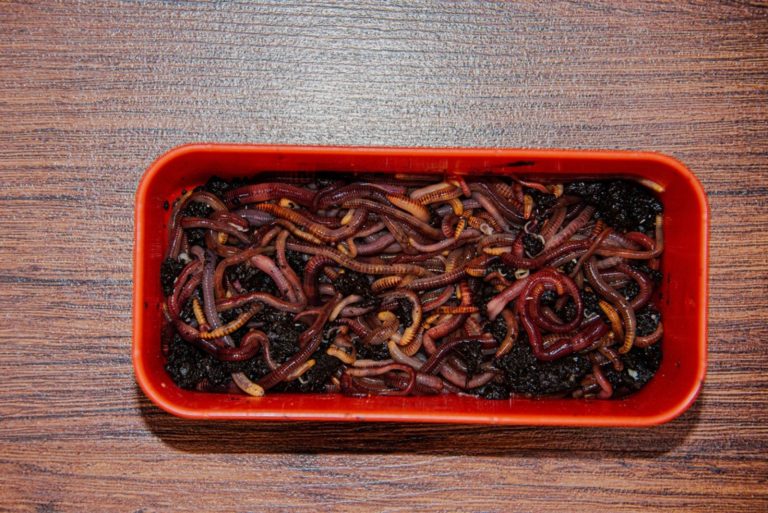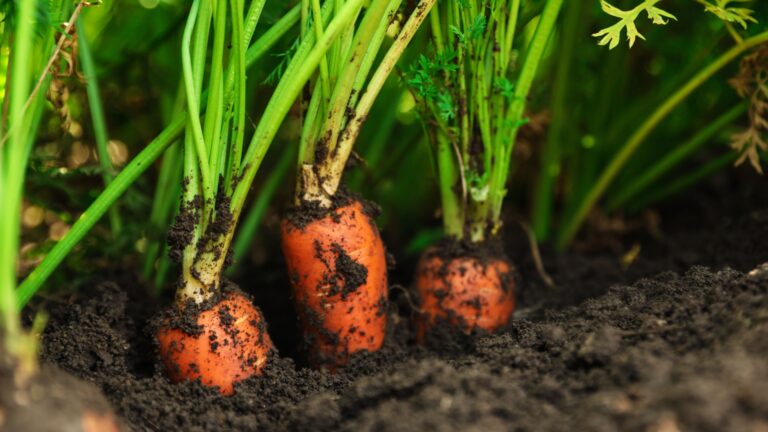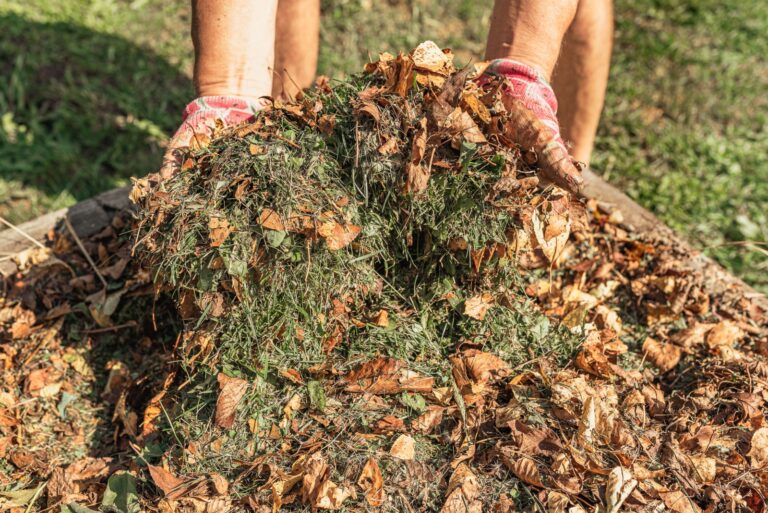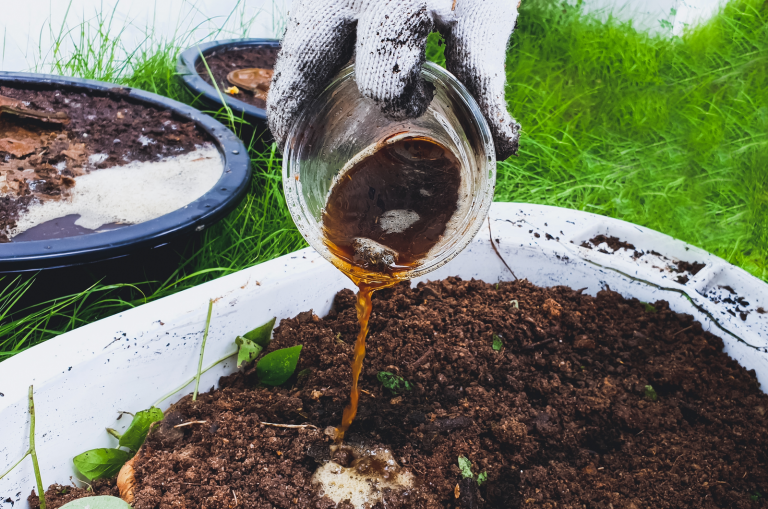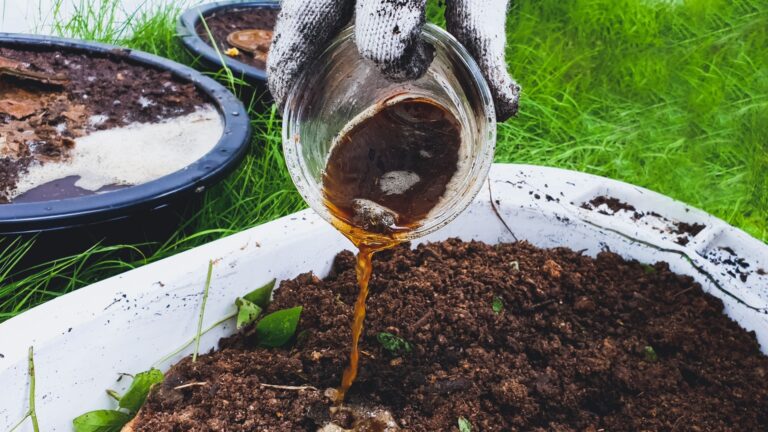24 Unexpected Household Items That Make Good Organic Fertilizer
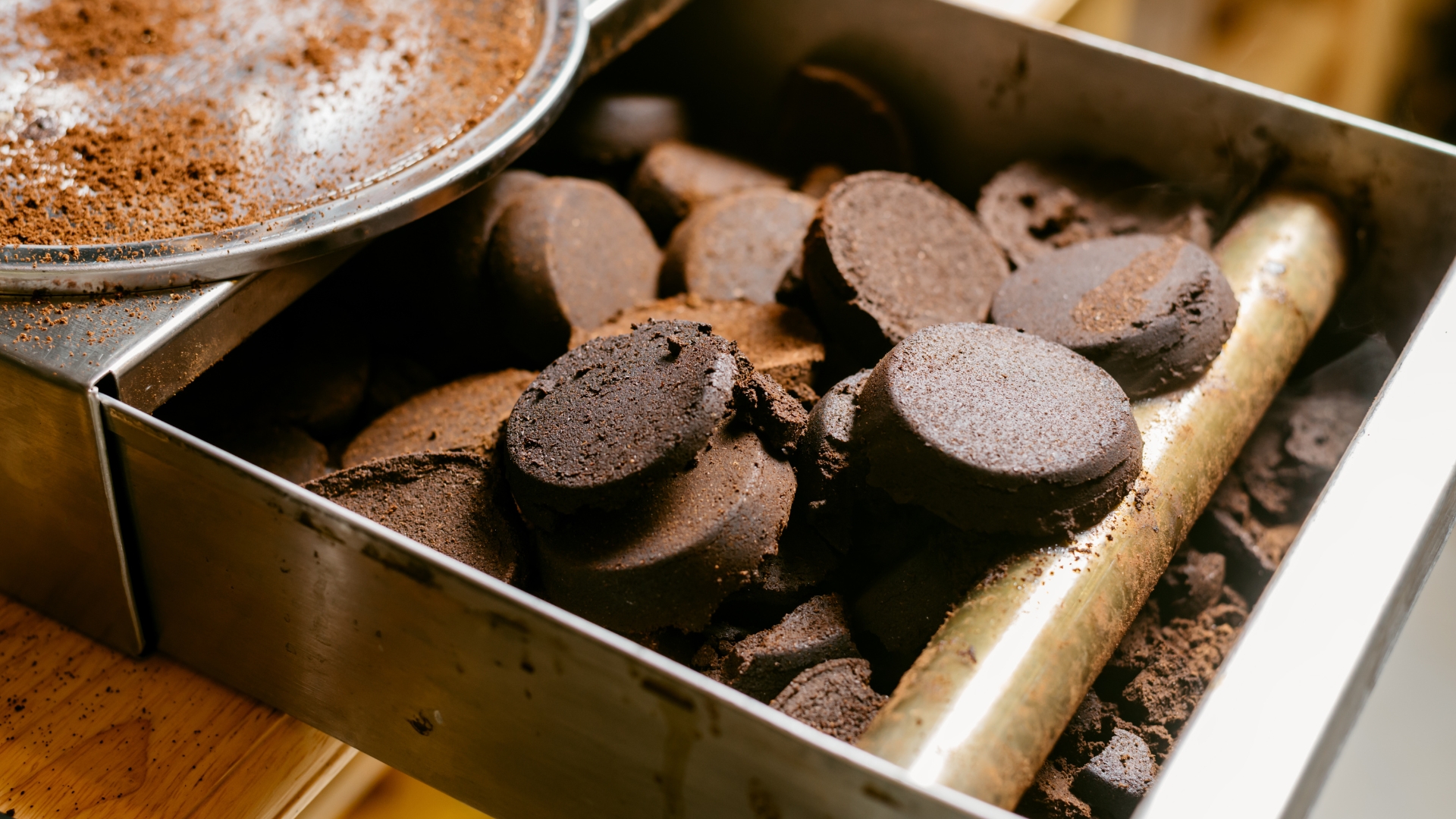
In a world where waste not, want not is the mantra, your home is a treasure trove of garden gold. Transforming everyday household items into lush, green fertilizer is not just eco-friendly but wonderfully satisfying. Here’s a countdown of 24 unexpected items that will nourish your garden and delight your green thumb. Get ready for a lively romp through the world of home-grown fertilizer hacks!
1. Coffee Grounds
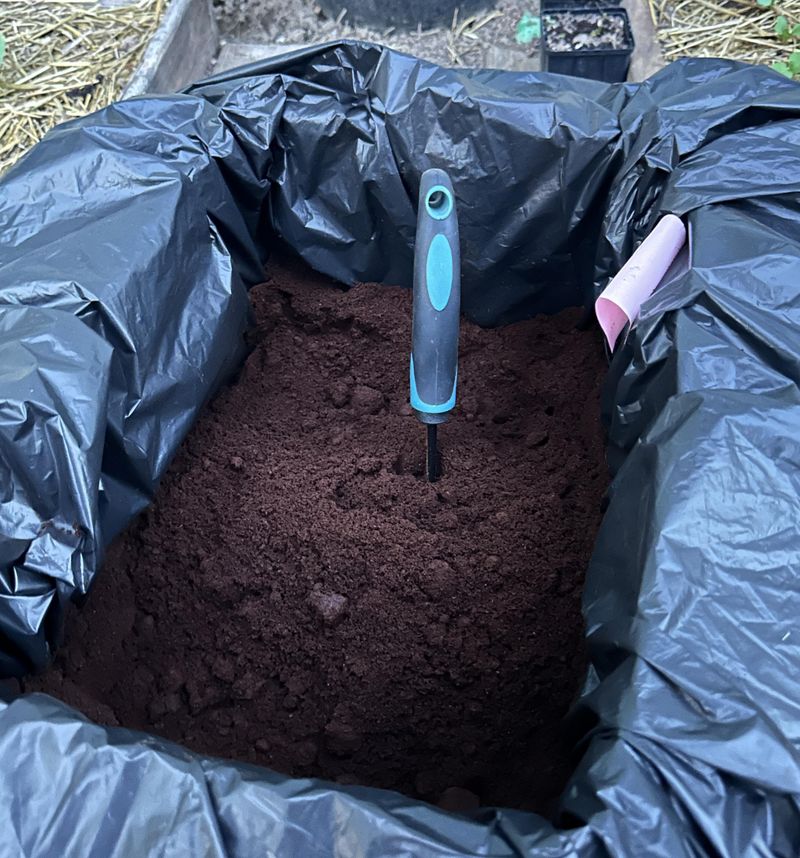
Ah, coffee! Not just a morning pick-me-up but a garden’s delight. Those used coffee grounds are rich in nitrogen, making them a fantastic fertilizer.
Sprinkle them around your plants, and watch the garden sing. While they may smell like your favorite brew, they delight the soil’s microbes, enhancing plant growth.
Perfect for acid-loving plants like blueberries, these grounds keep your garden both caffeinated and content. So next time you brew a cup, save those grounds—they’re a garden’s best friend!
2. Eggshells
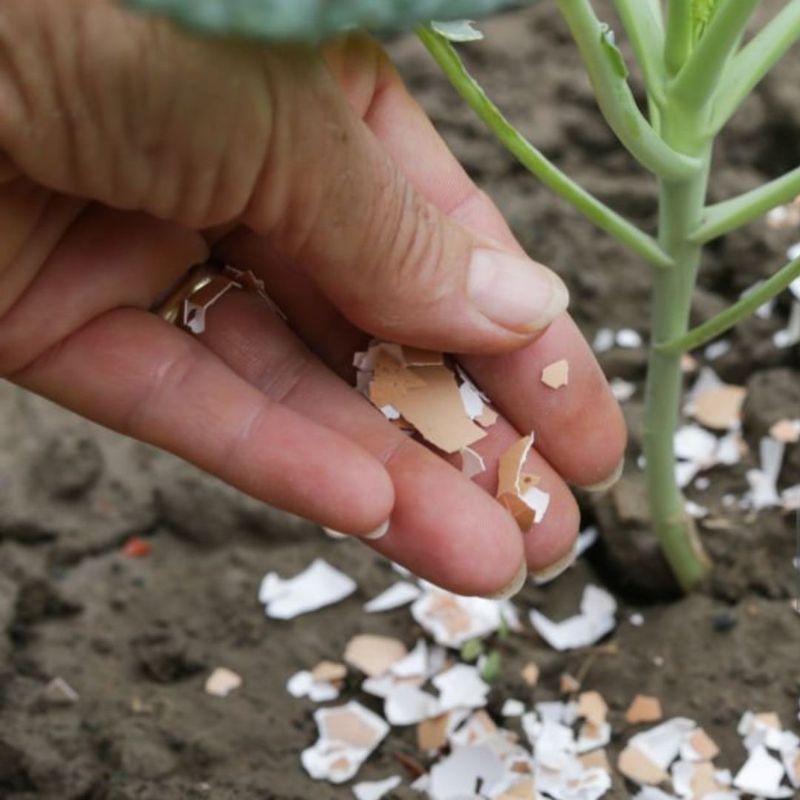
Eggshells crunch beneath your feet and enrich your plants. Packed with calcium, they prevent blossom-end rot in tomatoes and peppers. Rinse, crush, and scatter them around the base of your plants.
Over time, they break down, slowly releasing nutrients into the soil. Think of them as tiny, biodegradable supplement pills for your garden. Next breakfast, don’t toss those shells; let your garden feast!
3. Banana Peels
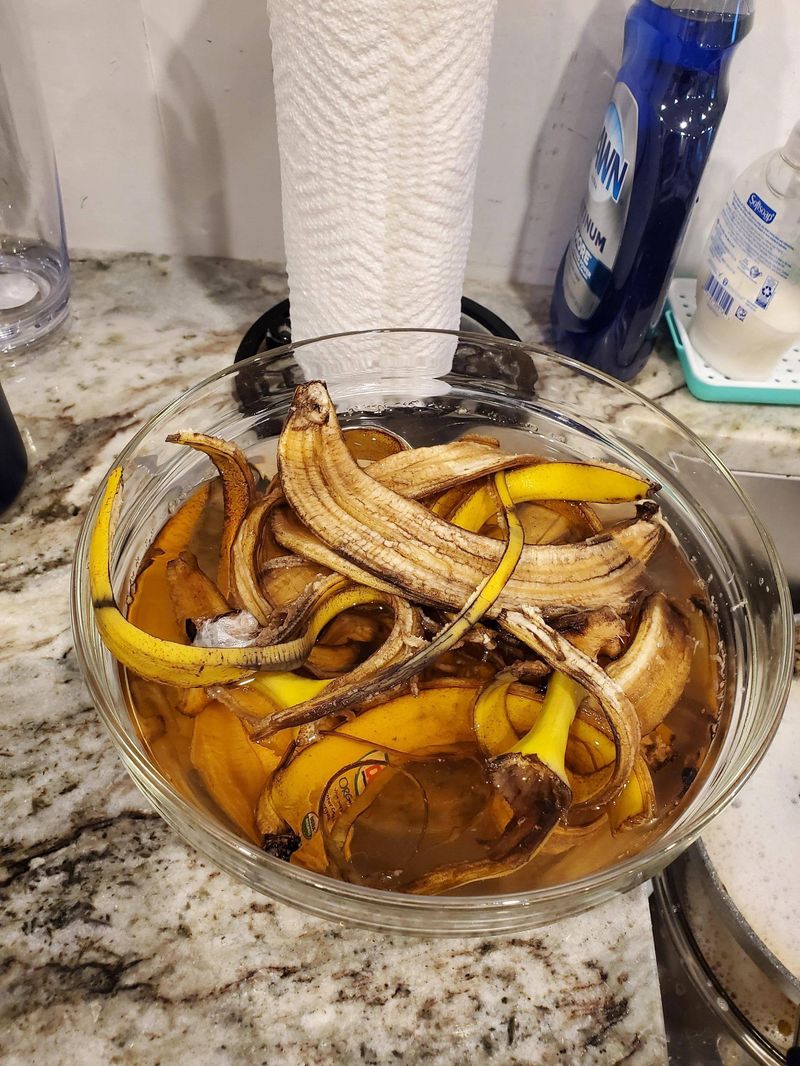
Bananas, the potassium powerhouse, extend their benefits beyond the fruit bowl. Buried banana peels release potassium and phosphorus, vital nutrients for flowering plants like roses. Easy to use, just chop and bury them near your plants.
Over time, they enhance soil health and aid robust blooms. It’s a sweet and simple way to nourish your garden, turning kitchen waste into floral splendor.
4. Used Tea Leaves
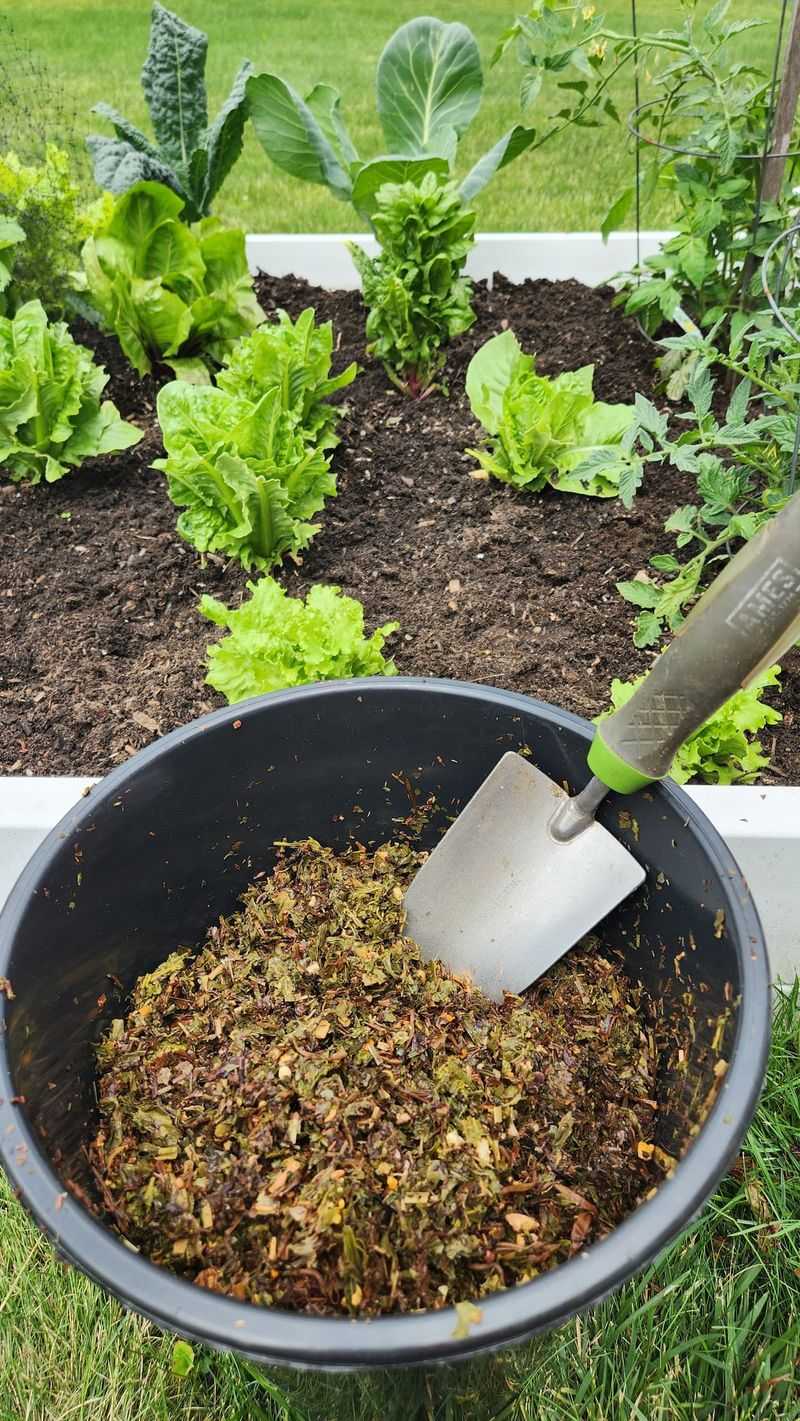
Tea time for the garden, anyone? Used tea leaves are rich in tannic acid and nutrients that improve soil structure. Spread them as mulch or compost them to boost plant growth.
Plus, they work wonders in keeping pests at bay. So next time you brew a pot, save the leaves—they are a garden’s cozy blanket, ready to nurture and protect.
5. Wood Ash
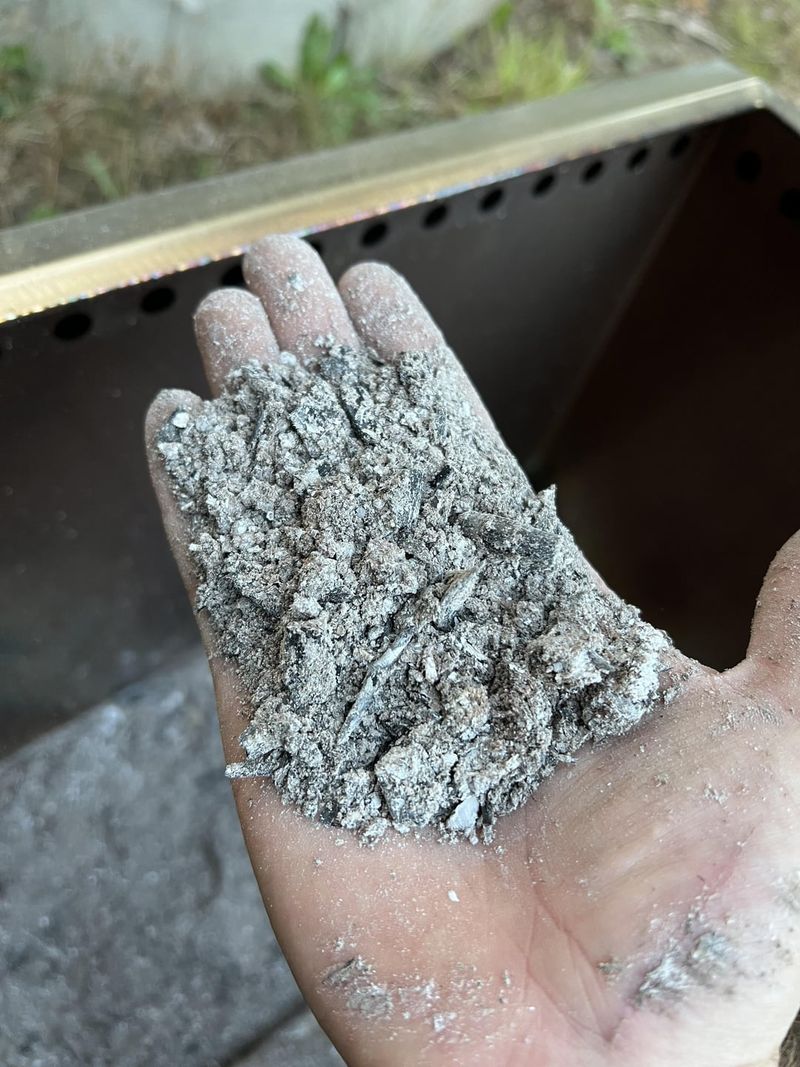
Transform fireplace ash into soil magic. Wood ash is a liming agent, raising soil pH and enriching it with potassium. Sprinkle lightly, avoiding acid-loving plants.
Ideal for root vegetables like carrots and beets, it’s as though your fireplace shares its warmth with the garden. With a dash of ash, your plants will feel the love of a cozy hearth!
6. Fish Tank Water
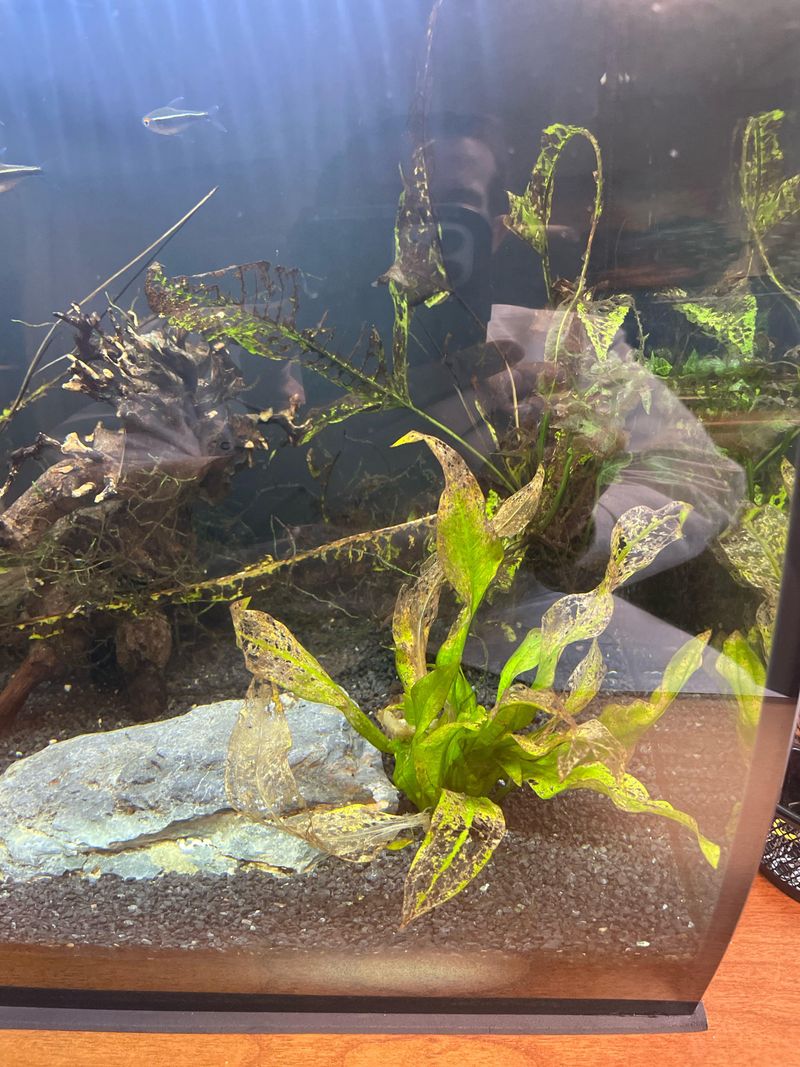
Aquarium lovers, your fish contribute more than companionship. Fish tank water is laden with nitrogen, phosphorus, and trace nutrients. Use it to water your plants, giving them a nutrient-rich bath.
It’s a clear, odorous-free alternative to traditional fertilizers, perfect for indoor and outdoor plants. So next tank cleaning, save the water—it’s liquid gold for your greenery.
7. Citrus Peels
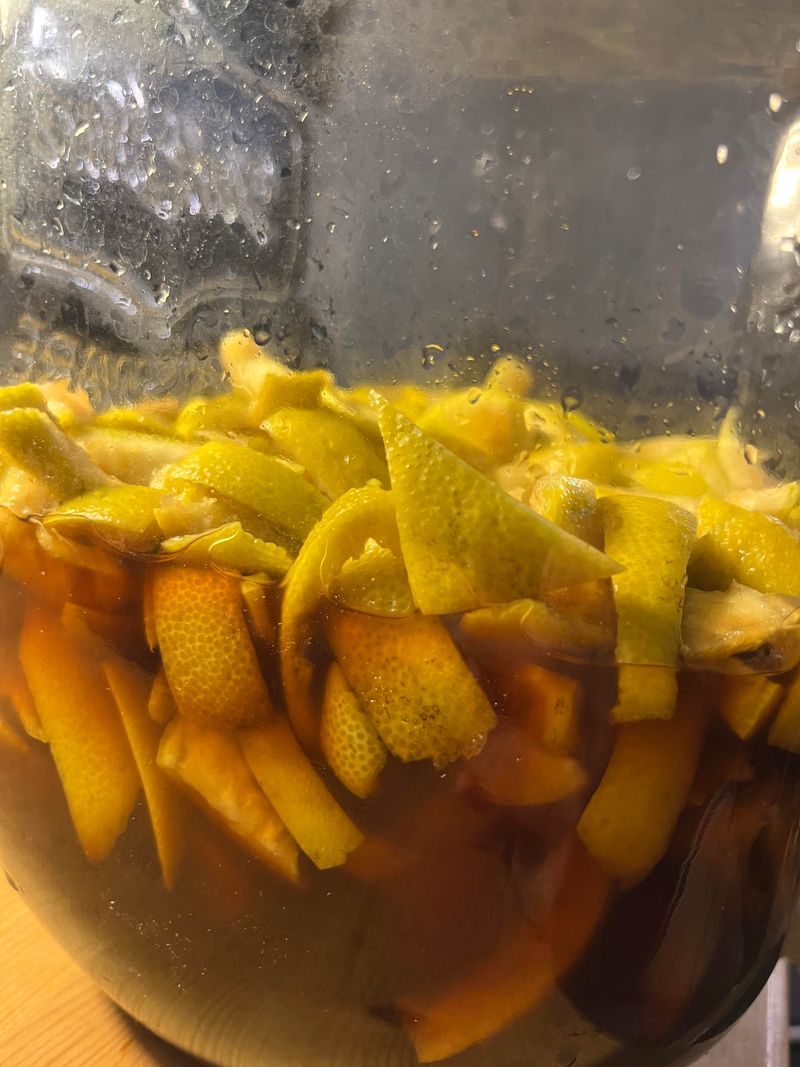
Zesty citrus peels aren’t just refreshing—they’re fabulous in compost. Rich in nitrogen and other nutrients, they decompose quickly, leaving nutrient-rich compost.
While they smell divine, they also deter pests with their natural oils. Chop them up and toss them in your compost bin for a fragrant, nutrient-laden addition.
8. Potato Water
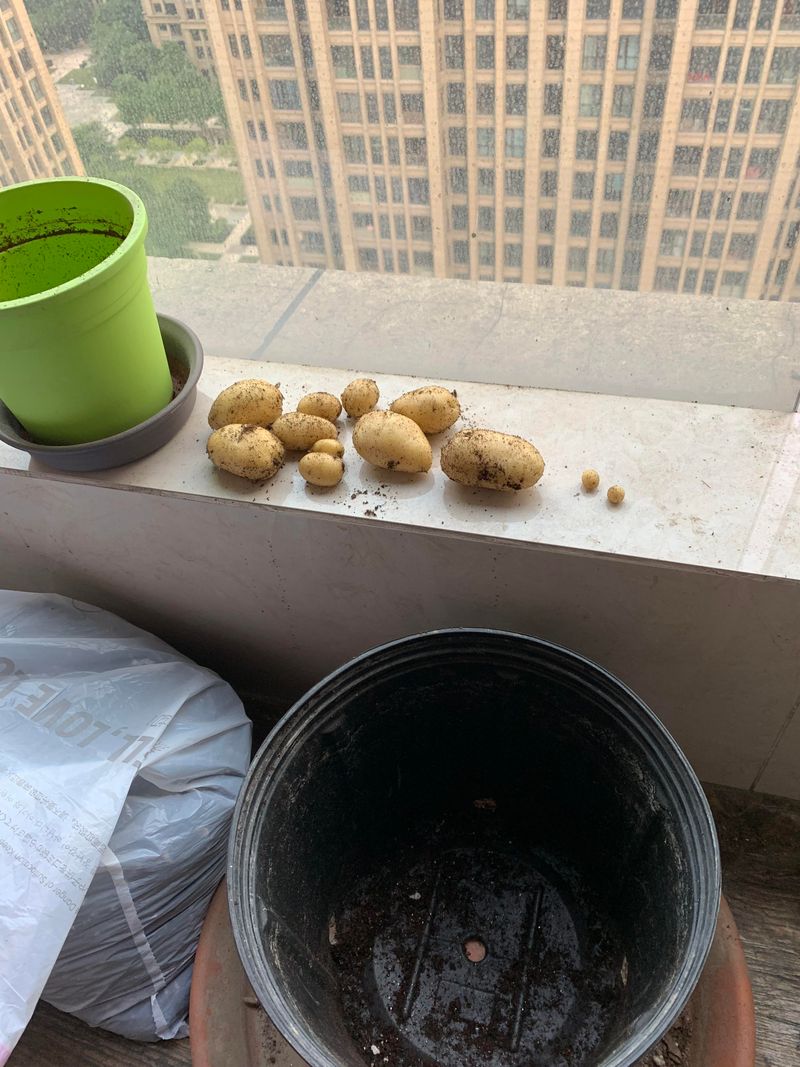
The next time you boil potatoes, don’t pour that water down the drain. Potato water contains starches and minerals that feed plants.
Once cooled, use it as a liquid fertilizer. It’s an easy and effective way to nourish your plants, making use of every bit of your kitchen. A simple trick, turning mealtime into a garden feast!
9. Hair Clippings
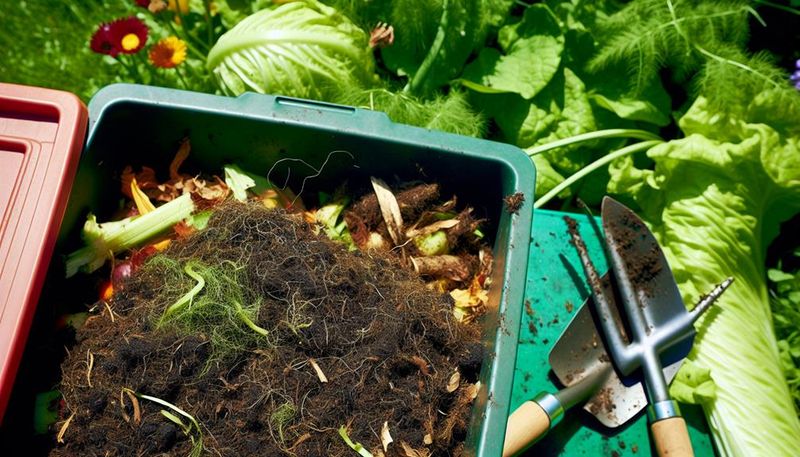
Hair today, garden tomorrow! Hair clippings are rich in nitrogen and act as a slow-release fertilizer. They also deter pests.
Scatter them around the base of plants, and they’ll break down over time, enriching the soil. It’s a clever way to recycle what would otherwise be waste, giving your plants a natural boost.
10. Cardboard
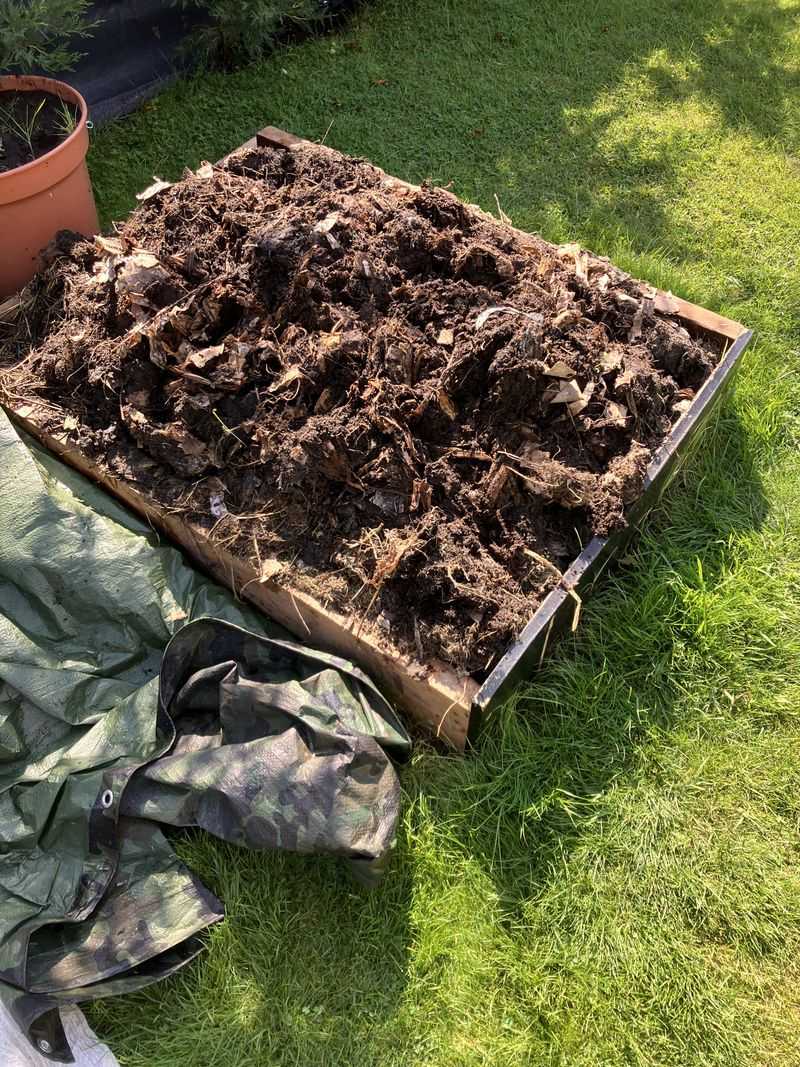
Before recycling, consider composting cardboard. Shredded cardboard adds carbon to your compost pile, balancing the nitrogen from kitchen scraps.
It breaks down and enriches the soil, turning yesterday’s boxes into tomorrow’s fertile ground. Just tear it up and let your compost do the work. It’s a simple way to give back to the earth.
11. Peanut Shells
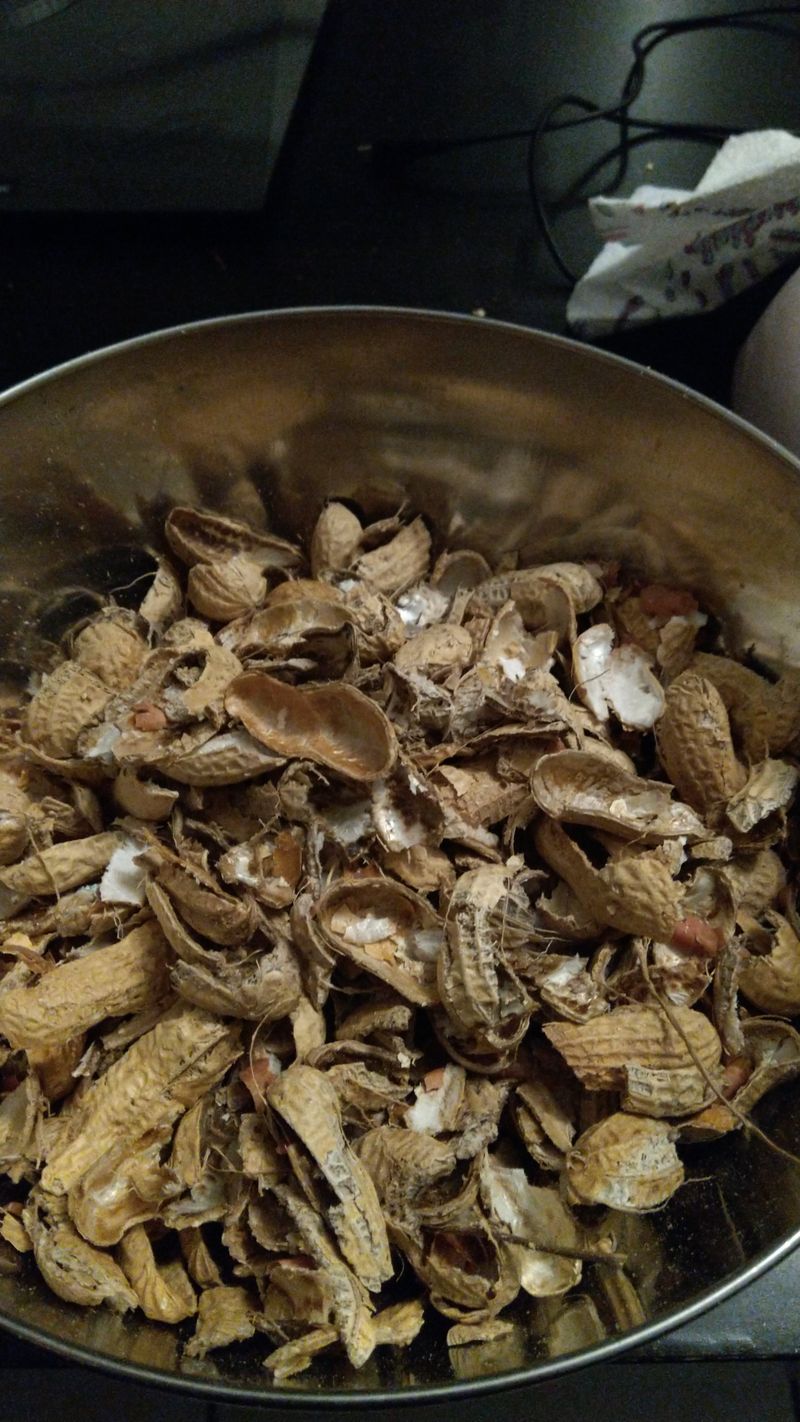
Crack open the potential of peanut shells. Composed mainly of carbon, they add structure to compost and improve soil aeration. Crush them and mix with soil to aid drainage.
They’re a unique way to enhance soil texture, making your garden bed a bit nutty in the best way possible. A crunchy delight for your plants!
12. Bread
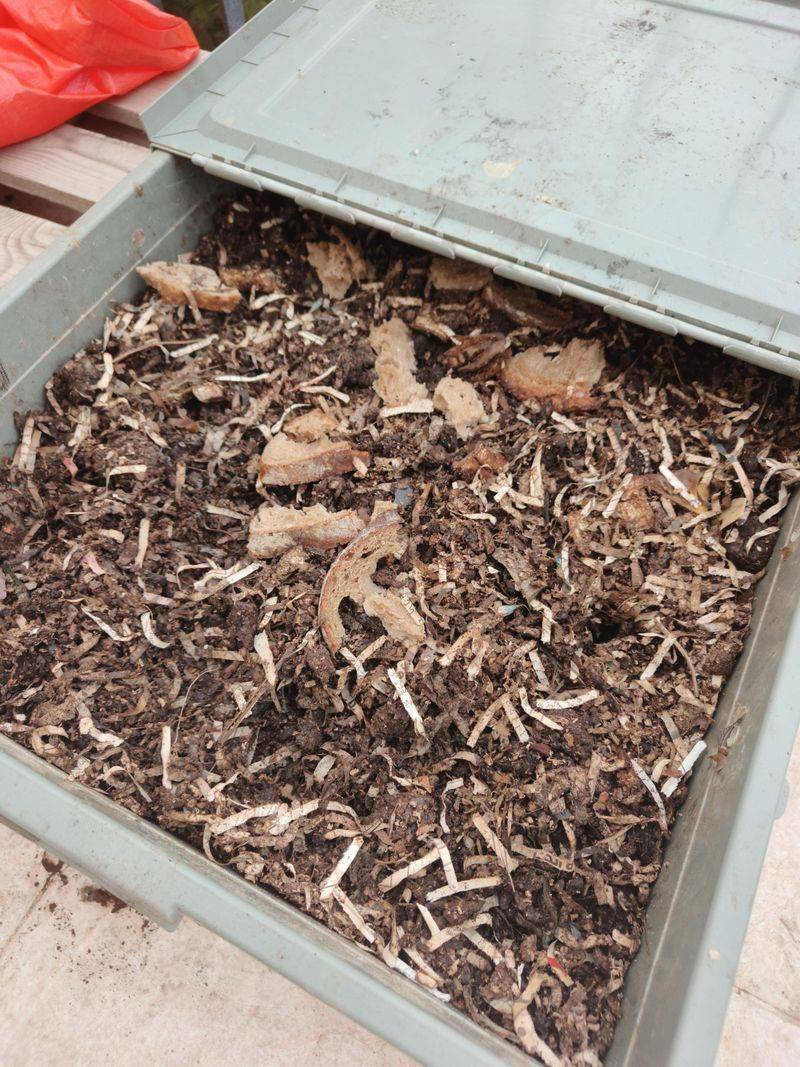
Stale bread, often destined for the bin, can be a garden’s treat. Add pieces to your compost pile where they decompose into rich, organic matter. Bread adds nitrogen and texture to the compost.
Just ensure it’s mold-free, and let nature take its course. Your garden will thank you for turning crumbs into lush greenery.
13. Wine Corks

Raise a toast to wine corks—they’re not just for sealing bottles. Made from natural cork, they decompose and add texture to the soil. Break them up and mix with potting soil to improve drainage.
It’s a quirky way to enhance your garden, putting those leftover corks to good use. Cheers to creative gardening!
14. Yogurt
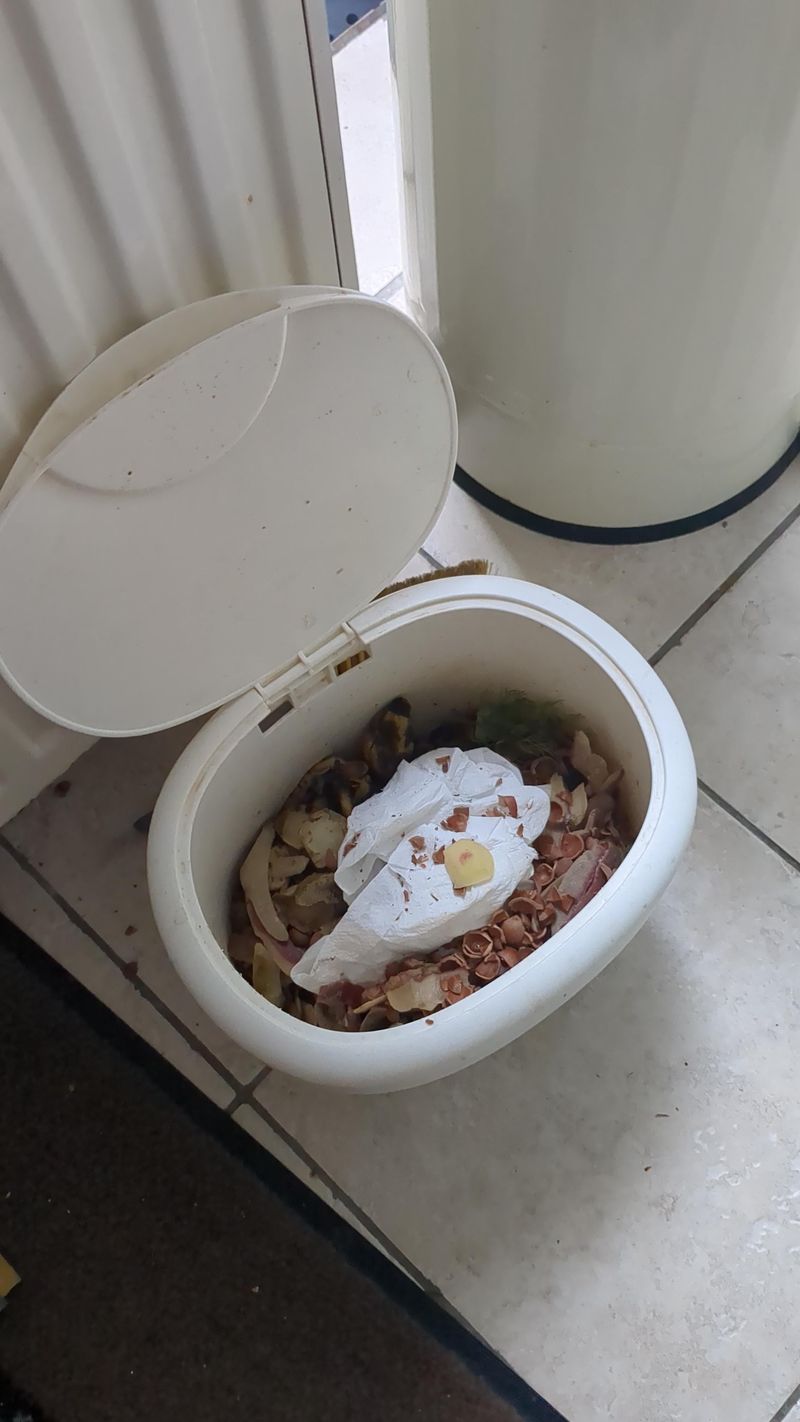
Got expired yogurt? It’s a creamy addition to compost. Rich in beneficial bacteria, it aids decomposition, turning waste into rich soil.
Mix it in with compost, and let it work its magic. It’s a delicious way to enhance soil fertility, proving that even spoiled yogurt has a fresh purpose.
15. Old Spices

Outdated spices may have lost flavor in the kitchen, but they spice up the garden. Sprinkle them in soil or compost to deter pests and add nutrients.
They’re an aromatic way to recycle expired pantry items, turning them into a beneficial garden ingredient. A dash of spice here, a sprinkle there, and your garden’s all set!
16. Oatmeal
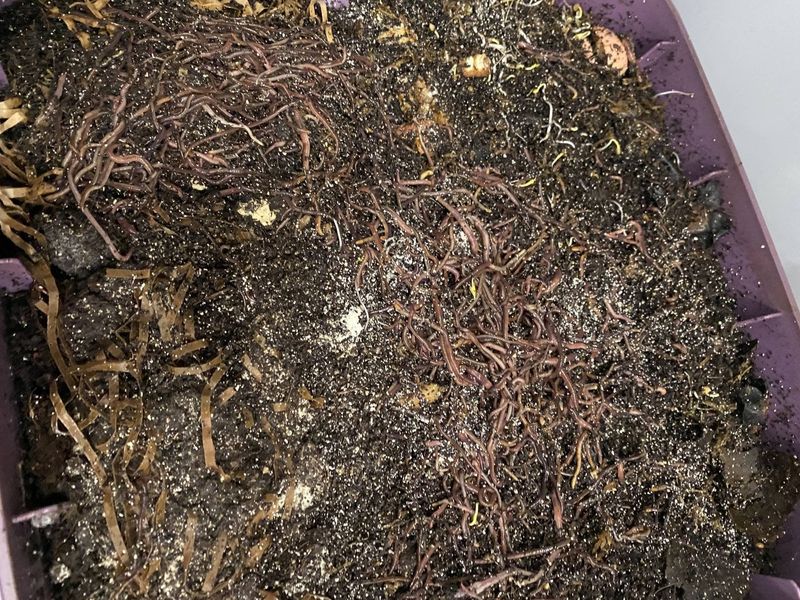
Oatmeal isn’t just for breakfast; it’s a superb soil amendment. Add it to compost where it enriches the mix with nitrogen and texture.
It’s a hearty way to recycle, turning surplus oats into garden gold. A spoonful in your compost can lead to bountiful blooms and vibrant veggies.
17. Soy Sauce

A splash of soy sauce in your garden? Why not! Dilute it with water to create a unique fertilizer. It adds sodium and micronutrients, promoting healthy growth.
Use sparingly, as too much can harm plants. It’s a secret ingredient that turns kitchen condiments into garden wonders.
18. Milk
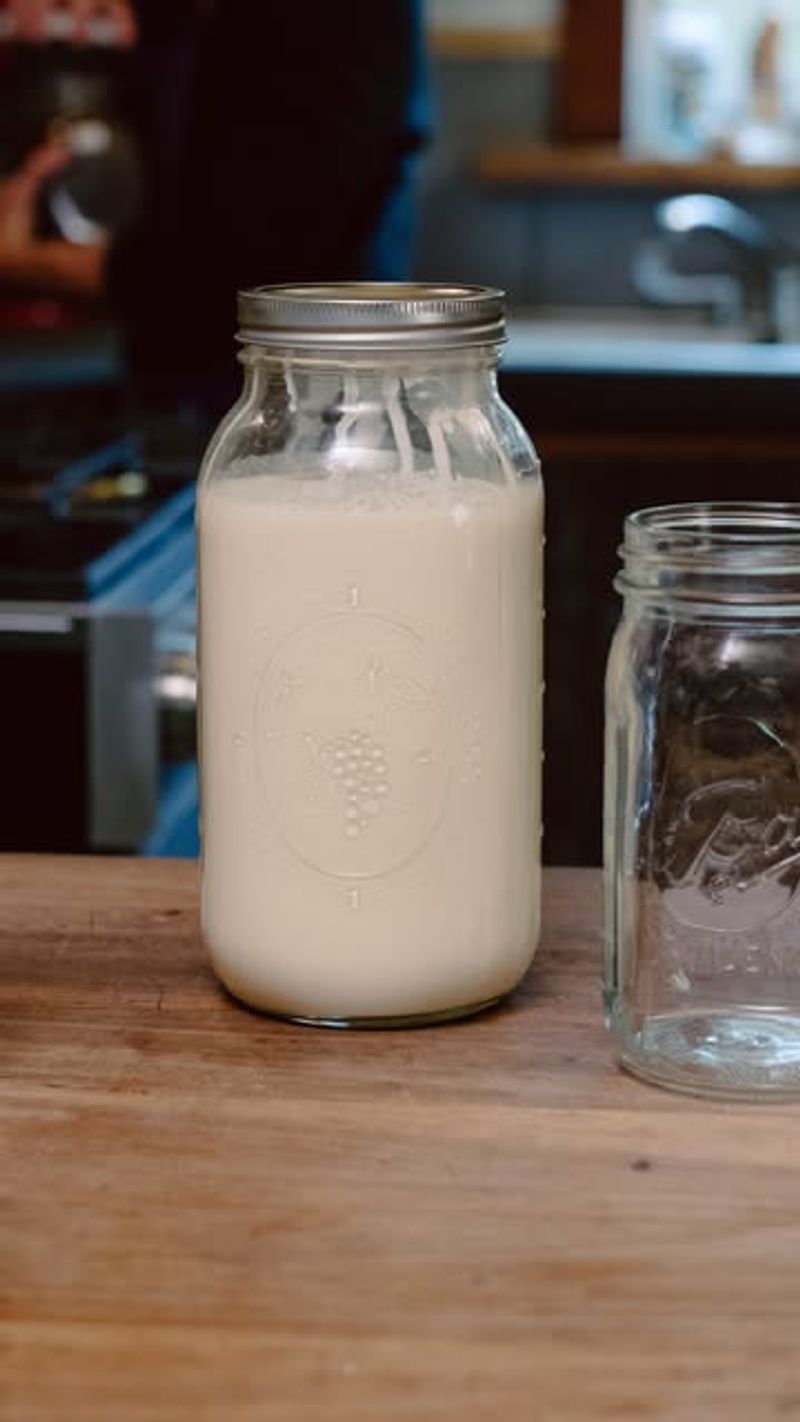
Expired milk may sour your mood, but it sweetens the soil. Add it to compost or use directly on plants to enrich soil with calcium and beneficial bacteria.
It’s a natural way to boost plant health, proving that even spoiled milk can nurture life. A splash here and there, and your garden will thrive!
19. Coconut Water

Coconut water isn’t just a hydrating drink; it’s a plant tonic. Rich in potassium and growth hormones, it nurtures seedlings and young plants.
Mix with water and use sparingly to avoid over-fertilization. It’s a tropical twist to plant care, adding a touch of the exotic to your garden routine.
20. Beer
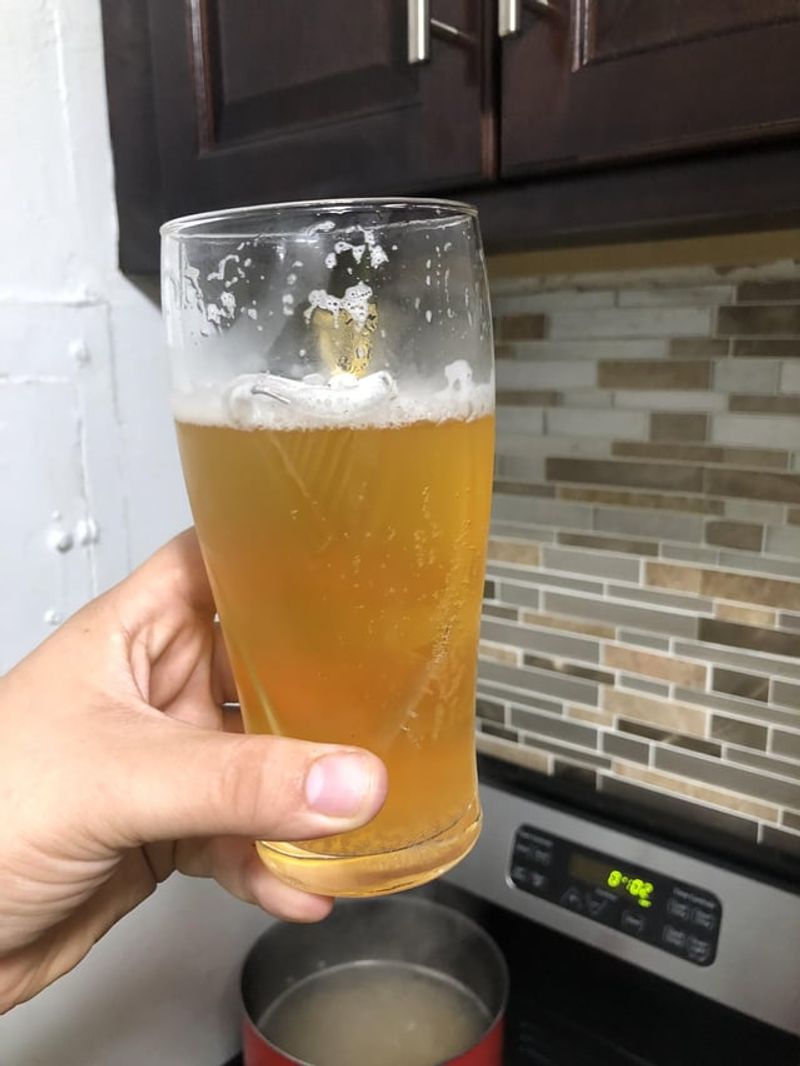
Cheers to beer! Leftover beer in your garden, boosts compost activity. Its yeast and sugars enrich soil when added to compost.
Use sparingly, as too much can harm plants. It’s a bubbly way to recycle those party leftovers, turning them into a soil enhancer. Raise a glass to creative gardening!
21. Toothpaste

Toothpaste in the garden? Absolutely! It can deter pests and even add trace minerals to the soil. Use sparingly and mix with compost for best results.
It’s an unusual way to recycle expired tubes, proving that even bathroom essentials have a place in the garden. Brush up on your gardening with this quirky tip!
22. Avocado Pits
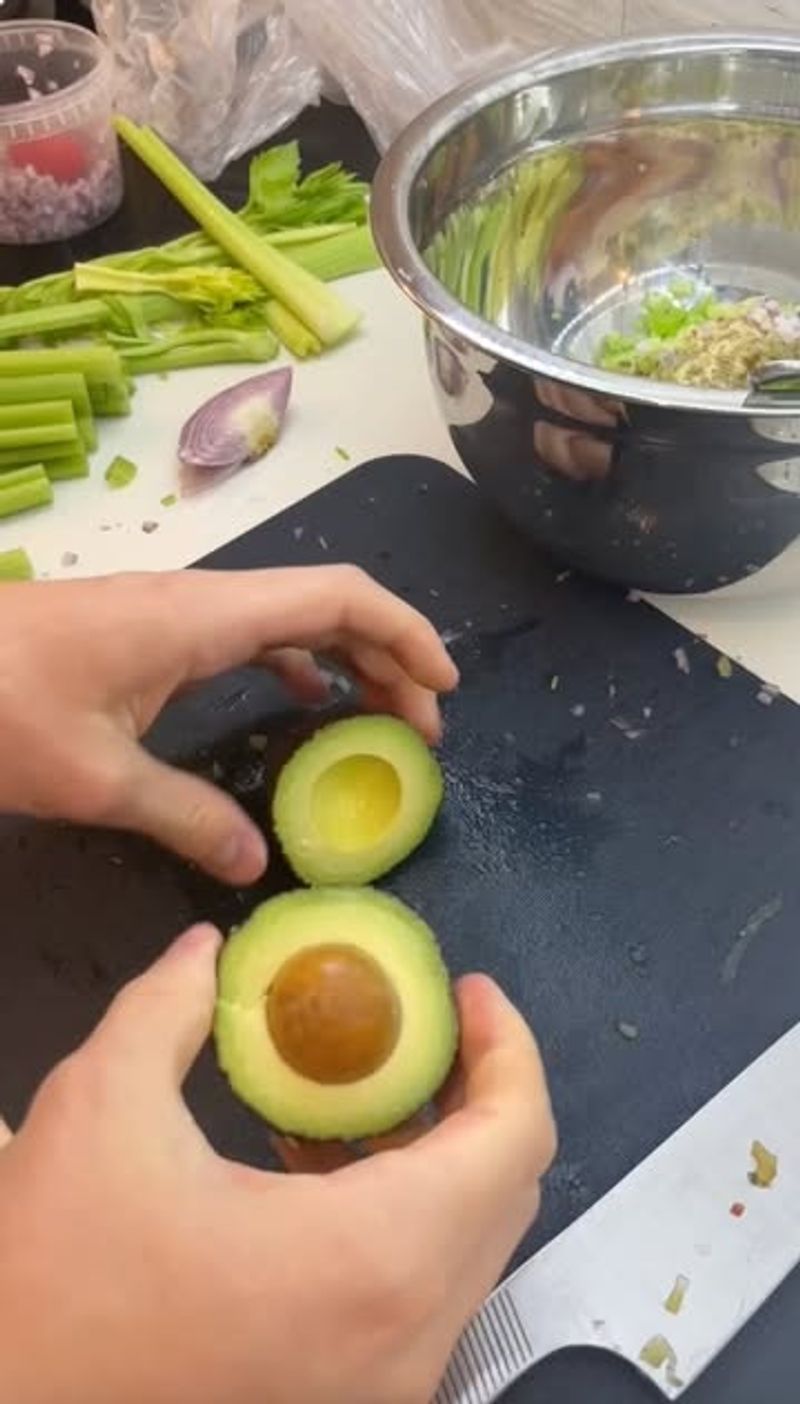
Avocado pits, often discarded, can be ground down and added to compost. They enrich the mix with natural oils and nutrients.
It’s a resourceful way to recycle kitchen waste, turning avocado leftovers into garden gains. Smash them up and let your compost transform them into fertile soil.
23. Expired Vitamins
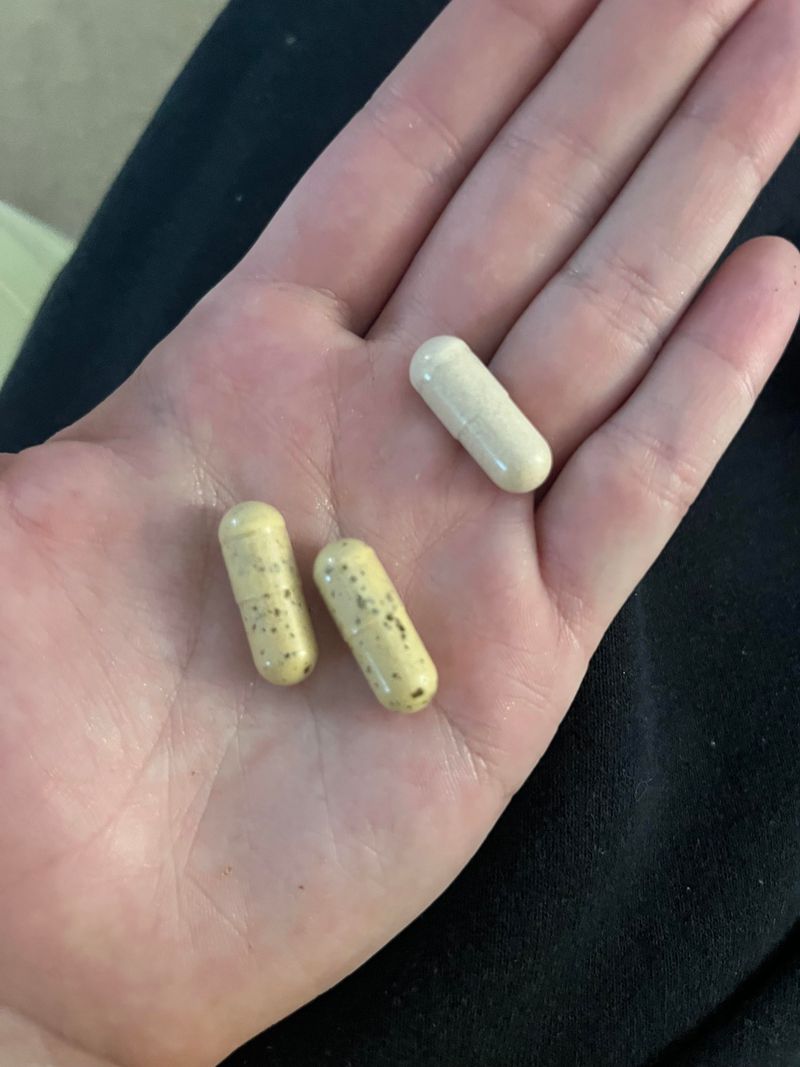
Expired vitamins need not go to waste. Crush them and mix into compost or soil. They release nutrients slowly, enhancing soil fertility.
It’s a clever way to recycle outdated supplements, proving that even expired pills can have a second life in the garden. Boost your soil with this nutritional secret!
24. Corncobs
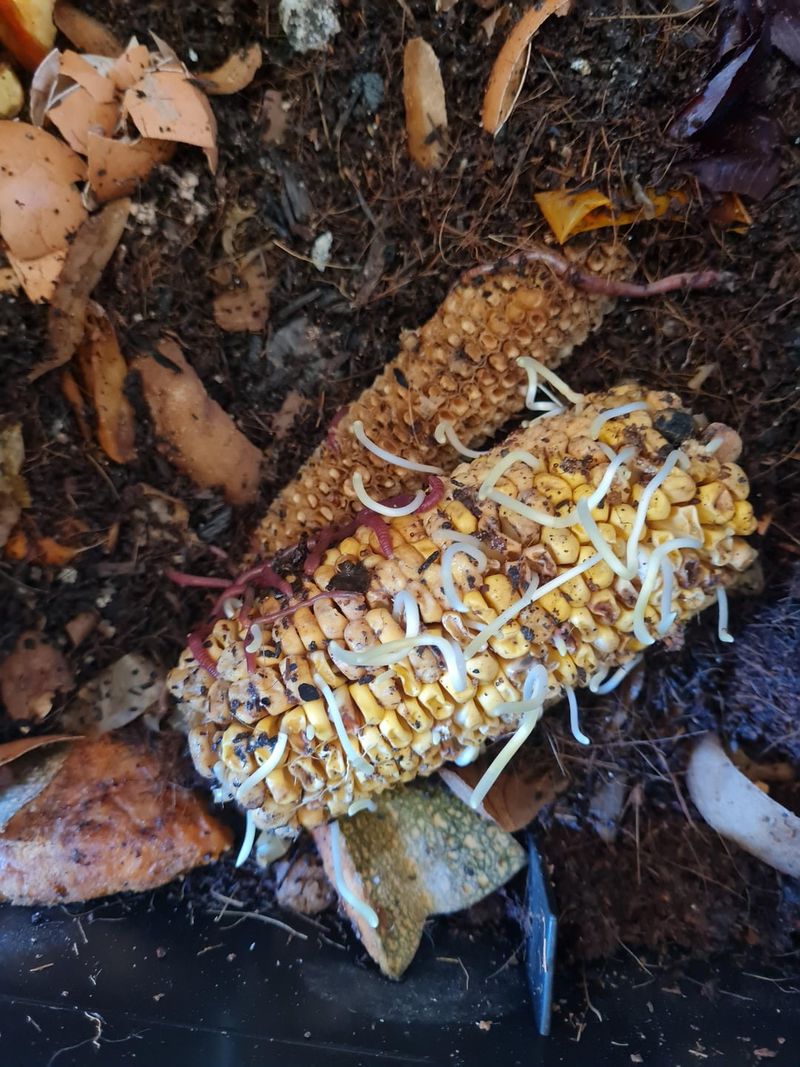
Corncobs, after the feast, can still serve the garden. Shred them for compost where they add carbon and texture.
They decompose slowly, enriching soil structure. It’s a sustainable way to extend the life of your corn, turning kitchen waste into garden treasure. Let your garden enjoy the feast of corncobs!

